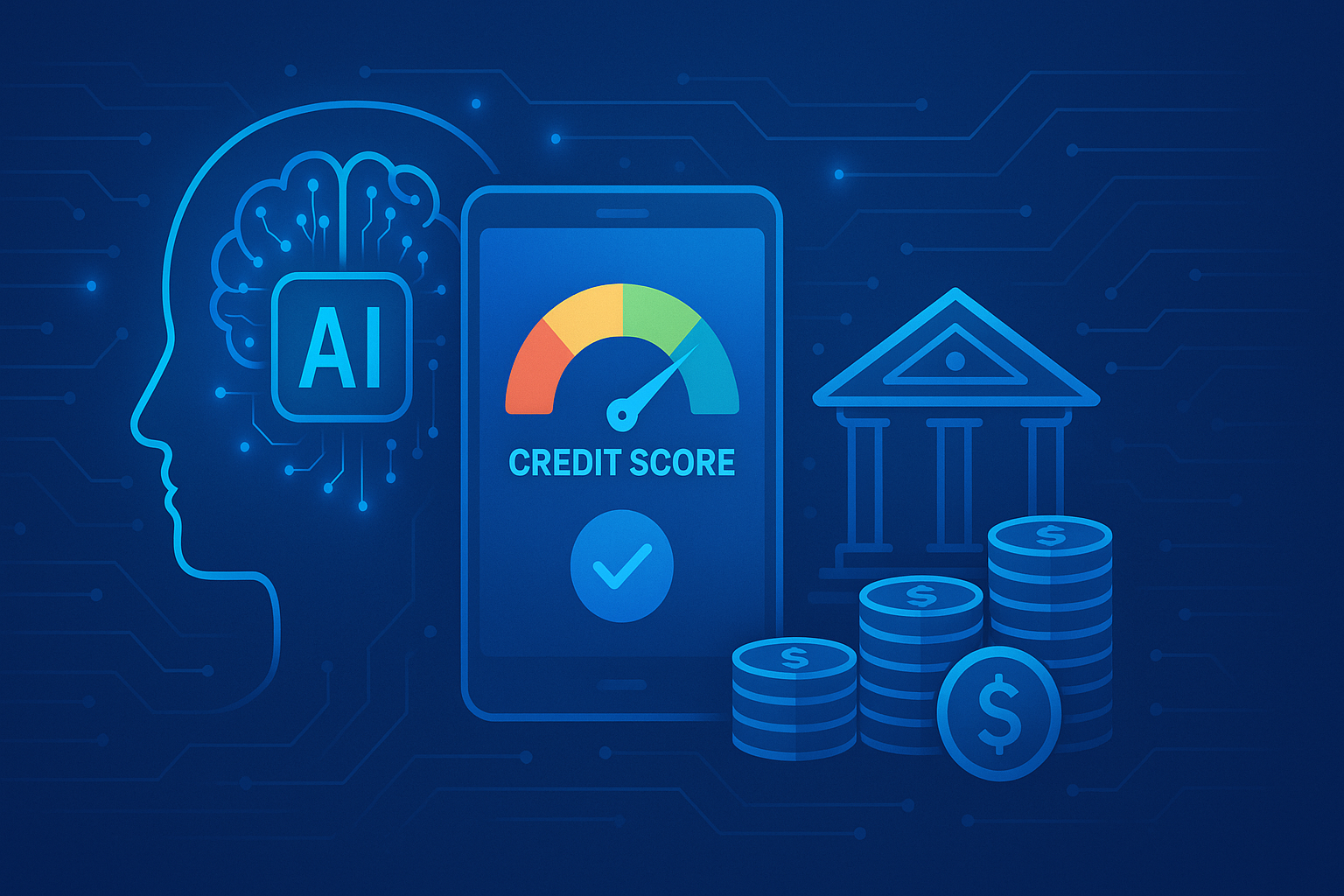FinTech and AI Converge to Rethink Credit Access
FinTech has built its reputation on disrupting traditional finance, and artificial intelligence is now becoming its most powerful ally. Among the many areas being reshaped, credit scoring stands out as a battleground where technology promises to challenge old practices while opening new markets. Traditional credit models have long excluded entire populations, particularly the underbanked who lack formal credit histories but often demonstrate financial reliability through other means. AI-driven systems claim to correct this imbalance by analyzing alternative forms of data and providing a pathway into the formal financial system.
The promise has gained attention from executives, investors, and policymakers who view smarter scoring methods as both profitable and socially impactful. Yet the same tools that promise empowerment also invite questions about fairness, bias, and transparency. When financial access depends on opaque algorithms, the line between inclusion and control begins to blur. The story of AI-driven credit scoring is not simply one of innovation but of contested power, where the future of financial access is being negotiated in real time.
AI as FinTech’s Gateway to Financial Inclusion
Artificial intelligence is being promoted as the missing link between financial institutions and the billions of people who remain underserved by traditional banks. The strength of AI-driven credit scoring lies in its ability to process forms of data that older models ignored. Instead of relying solely on credit histories, algorithms can evaluate mobile payment behavior, online shopping patterns, social interactions, and even the regularity of utility bill payments. Each piece of information becomes part of a broader financial portrait, allowing lenders to extend credit to those who were previously invisible to the system.
For FinTech companies, this approach is more than a technological improvement. It offers a way to reach vast underbanked markets across developing regions while also capturing segments of populations in advanced economies who have been left behind. Entrepreneurs and policymakers alike argue that smart scoring could transform access to education loans, small business financing, and consumer credit.
The excitement is reinforced by the idea that AI can adapt dynamically, learning from new data and refining its predictions with every transaction. This creates an image of a financial ecosystem that is both flexible and responsive, positioning FinTech as a driver of inclusion and progress in ways that legacy banking could never achieve.
The Business Case: Profitability Meets Social Impact
Executives and investors often describe AI-driven credit scoring as a rare convergence of financial opportunity and social responsibility. The underbanked represent a massive, untapped market. By using alternative data sources, lenders can extend credit to individuals and small businesses that were once considered too risky. Each successful loan generates revenue while simultaneously expanding the customer base. This dual effect makes inclusion not only a moral argument but also a strategic growth strategy.
For CEOs and strategists, the message is powerful. A company that pioneers inclusive credit scoring signals leadership in both innovation and ethics. This positioning is valuable in global markets where reputation and brand identity influence investment decisions as much as financial performance. Marketers emphasize the narrative of empowerment, presenting their institutions as agents of progress rather than gatekeepers of exclusion.
Market researchers add another layer to the appeal. Data gathered from previously unbanked populations enriches the overall intelligence of financial systems. The more diverse the data, the better the models become at predicting risk across multiple segments. The business case is therefore framed as a cycle: inclusion drives growth, growth produces richer data, and richer data further improves the system. For financial leaders, this feedback loop represents both resilience and scalability.
The Dark Side of Smart Scoring: Bias, Transparency, and Trust
The narrative of empowerment surrounding AI-driven credit scoring often overlooks its darker dimensions. Algorithms are only as fair as the data they are trained on, and financial data is rarely neutral. If training sets reflect historical inequalities, the models risk reproducing those same patterns under the guise of objectivity. Communities that were marginalized by traditional banking can find themselves excluded again, this time by automated decision-making systems that are far less transparent than human loan officers.
Trust becomes another critical challenge. Consumers rarely know how their data is being collected, how it is processed, or who ultimately benefits from its analysis. When access to essential financial services depends on opaque scoring mechanisms, questions of accountability emerge. Who is responsible when an algorithm denies a loan unfairly? Who sets the standards for fairness in a system designed by private companies with commercial incentives?
There is also the issue of surveillance. Expanding the range of data points used in credit scoring opens the door to constant monitoring of personal and professional behavior. The line between financial evaluation and social control begins to blur, raising concerns that predictive scoring could evolve into a tool of discipline rather than empowerment.
Conclusion: Toward Responsible AI-Driven Finance
AI-driven credit scoring illustrates the dual character of financial innovation in the age of FinTech. On one side, it offers unprecedented opportunities to extend credit to populations who have long been excluded from the formal banking system. On the other side, it raises profound concerns about fairness, transparency, and the risks of surveillance disguised as efficiency. This tension defines the future of financial inclusion.
The challenge for leaders, policymakers, and innovators is not simply to deploy the technology but to shape its governance. Responsible adoption requires clear standards for data use, accountability in decision-making, and mechanisms for redress when systems fail. Companies that integrate ethical considerations into their strategies will not only gain market share but also build lasting legitimacy. The promise of AI in credit scoring can be realized, but only if inclusion and responsibility advance together.
Ressources:
- Credit Risk assessment through Alternate Data and AI
- CredoLab reshaping credit scoring for individuals without formal credit history
- 25 Best Alternative Data Providers for Credit Decisions
- Zest AI – home page of AI lending platform using alternative data
- https://h-in-q.com/analytics/



